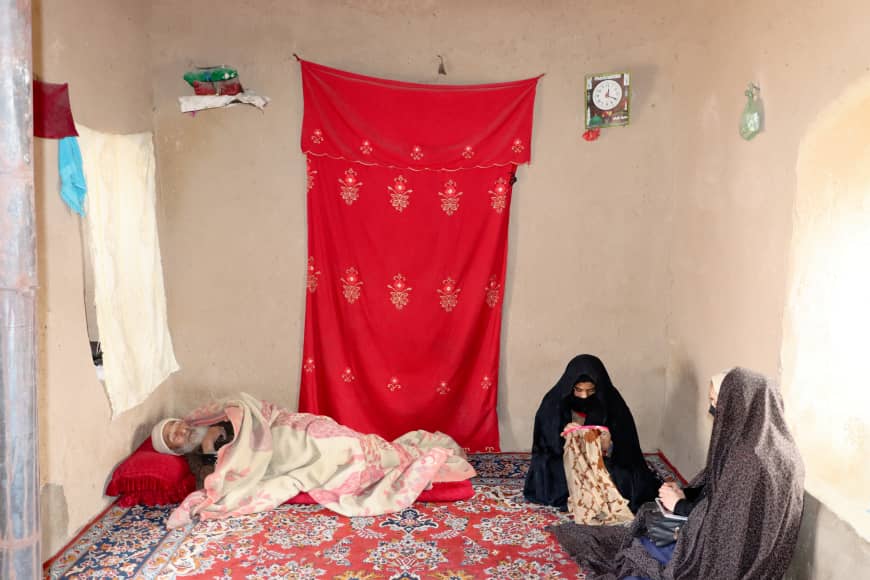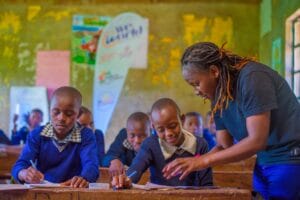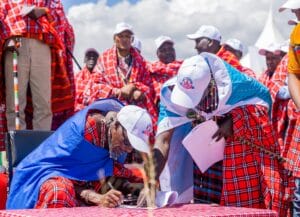
We are constantly engaged to shed light on neglected and protracted crises, such as the one in Afghanistan, considered as one of the worst humanitarian situations worldwide, with 58% of the population (23,7 million people) who is projected to require humanitarian assistance throughout 2024.
The context
Today, millions are facing acute food insecurity, malnutrition, displacement, and protection risks in Afghanistan. At the same time, the country is also suffering from a severe economic downturn – which has results in the loss of livelihoods for millions of Afghans -, and a restrictive political environment, which violates human rights, especially of women and girls, and imposed barriers to humanitarian access and delivery.
Under these conditions those who pay the highest price are precisely the groups whose rights are being most denied: women, and especially those who have found themselves at the head of their families, having to provide for their children without having the right to receive an income or to leave their home independently. Their access to food is therefore endangered, as well as that of the children who depend on them.
Our intervention
In this context, we resumed the operations in the country at the end of 2021, precisely to support households led by women, most of them widowed or abandoned by their husbands. Since then, and thanks to our longstanding partner Rural Rehabilitation Association for Afghanistan (RRAA), we have been activating the Cash for Food programme in the rural areas of the Kushk Robat-e-Sangi district in the Herat province - in northwest Afghanistan -, reaching more than 500 families through the distribution of US$80 per month for the purchase of food and needs. The programme has been funded by ChildFund Australia, ChildFund Korea, ChildFund Deutschland, Barnfonden, and Taiwan Fund for Children and Families.
The participants of our invervention
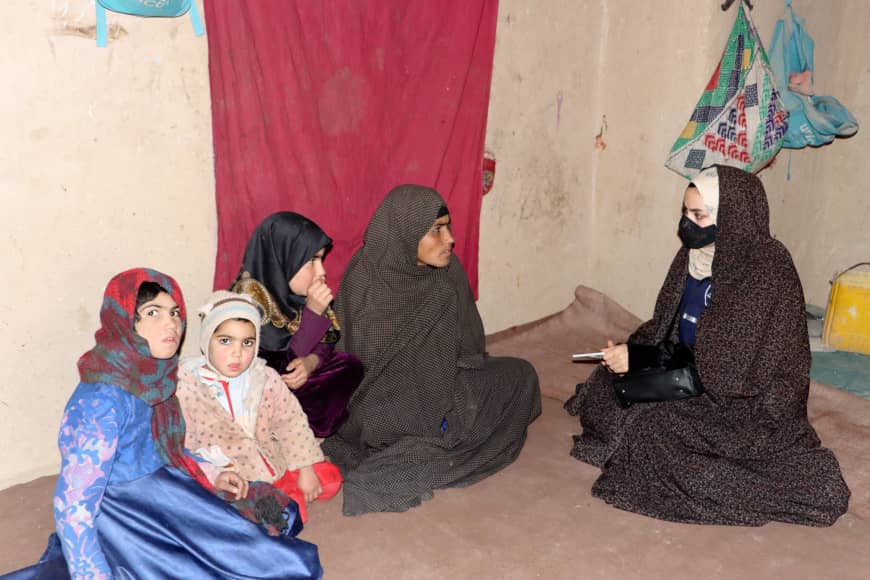
Zabeeda lives with her husband, who has remained paralyzed from the waist down, and five of her children. She needs to provide for them all, so she has been working very hard in people's houses doing laundry and cleaning. However, she sometimes barely managed to bring a dry piece of bread home. Out of desperation, she was forced to sell one of her children, Farshad. At the time, it was thought as the only way to save the rest of the family from hunger. However, further pain and a shattered mental health were added to the already dire situation of severe poverty, desperation, illness and cold. In this context, our intervention to provide cash assistance together with RRAA, has been pivotal.
“They gave us money with which I bought food (oil, rice, and pulses) and clothes for my children. I bought medicine for my husband. Our living conditions have thankfully improved. I feel many changes.”
Manizha shared with us a similar story, one of resilience and struggle, where our support came in a moment of hardship. She is 22 years old and has to bear the weight of her entire family.
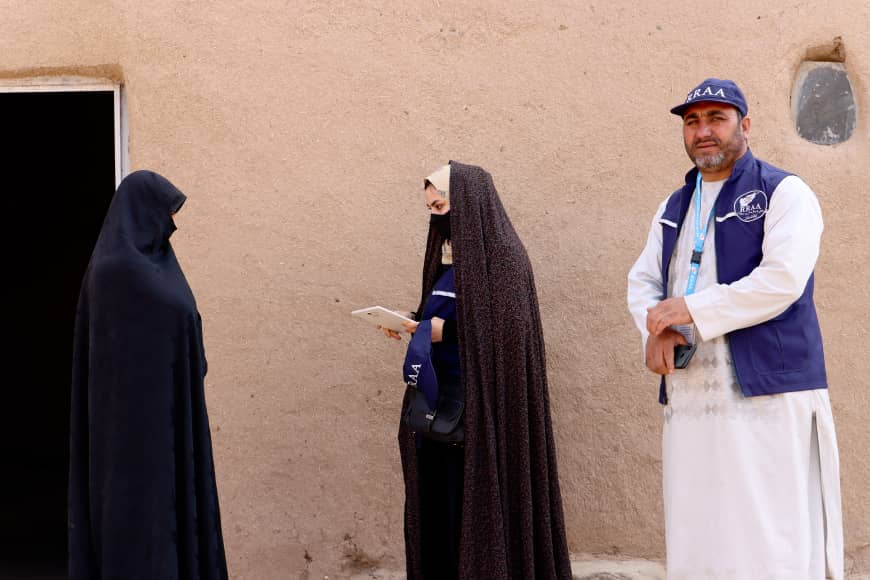
“I realized I couldn't lead an ordinary life like others my age. I couldn't afford to nurture grand aspirations. I understood that I couldn't live youthfully like others and had to be content with simply breathing to shoulder the responsibility of my broken family. Our house was dark and cold from the start, but the earthquake made it worst. A house without doors and windows, where we burn in the summer heat and freeze in winter. When the aid came to our house, one of the operators said: “These have survived a lot...”.
Thank God, our living conditions improved. I didn't worry about the cold winter nights for a few months because, with the money received, I bought warm clothes and heating supplies for myself and my family. I'm grateful that this assistance saved my and my family's life; otherwise, in this winter and our house's conditions, we wouldn't have survived.”
